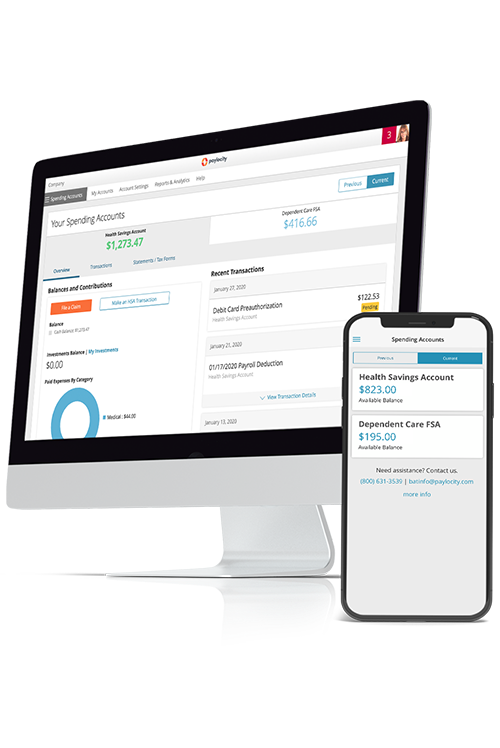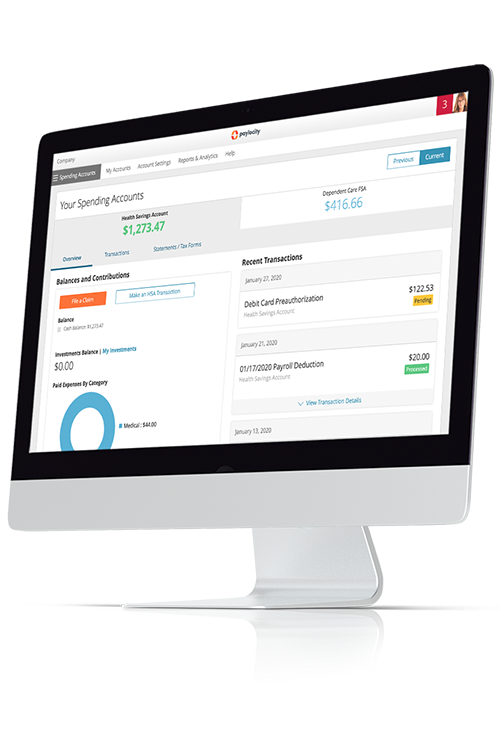resources
How Employees Can Use HSA To Help Fund Their Retirement
April 05, 2018

Introduced in 2003, Health Savings Accounts offer working Americans a way to set aside pre-tax funding for qualified medical expenses such as deductibles, copayments, and coinsurance. With a Health Savings Account, participants can lower their overall healthcare costs and save money for retirement. But 15 years later, only 25 percent of the potential users are taking advantage of the plan.
Amy Fontinelle of Investopedia explains the benefits of HSAs for retirement: “Contributions to an HSA can be made via payroll deductions, as well as from your own funds. If the latter, they are tax-deductible … If they’re made via the former, it puts them on a pre-tax basis, meaning that they reduce your federal and state income tax liability – and they’re not subject to FICA taxes, either. In addition, any contributions your employer makes do not have to be counted as part of your taxable income. Your account balance grows tax-free. Any interest, dividends or capital gains you earn are nontaxable. Withdrawals for qualified medical expenses are tax-free … and can remain untouched as long as you like, although you may no longer contribute once you reach 65 and are eligible for Medicare.”
Victoria Fillet, a certified financial planner with Blueprint Financial Planning LLC, told the AARP that qualified participants can contribute up to $3,450 for self-only and $6,900 for family coverage in 2018. HSA funds roll over year to year if you don’t spend them. An HSA may earn interest, which is not taxable.
Unexpected Expenses
It’s important that today’s employees look beyond traditional medical expenses and begin thinking about the potential costs they might incur as they get older, like at-home care and long-term assistance.
After dealing with the challenges of finding an assisted-living facility for her mother-in-law, Jeanne Vanek said she had a long talk with her husband about their future. “You don’t think you’re going to end up in a senior home but how many people do?” Vanek asked. “We looked into some ways of setting aside money for those types of costs so my children don’t have to cover them, and we realized we could use HSA savings as a sort-of future investment if we need it.”
Thinking Ahead
As Americans continue to stress about their financial futures, no doubt bolstered by the current whiplash nature of the stock market, they’ll keep looking for new ways to fund their retirement. One of the most obvious options may be right in front of them. While HSAs were designed to solve immediate healthcare needs, they offer some great long-term benefits. It’s worth the time to look into how an HSA can help employees plan for tomorrow.




